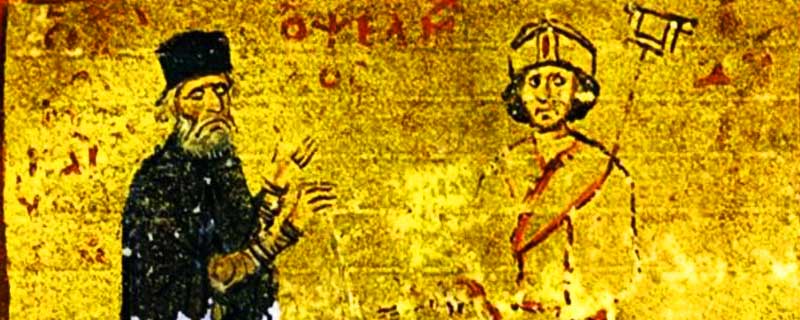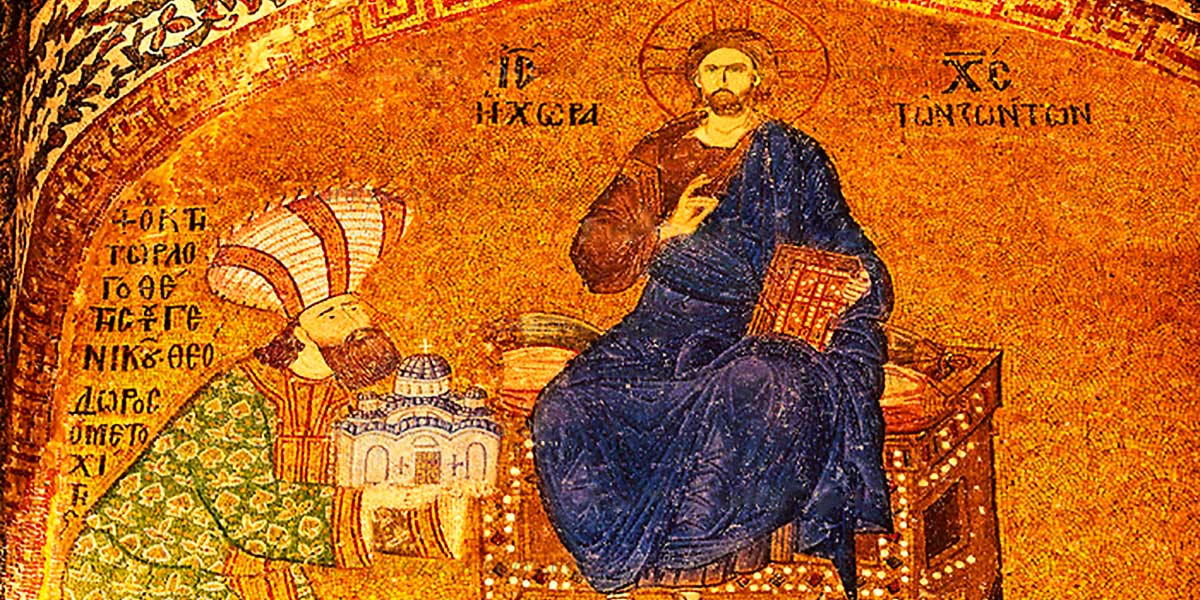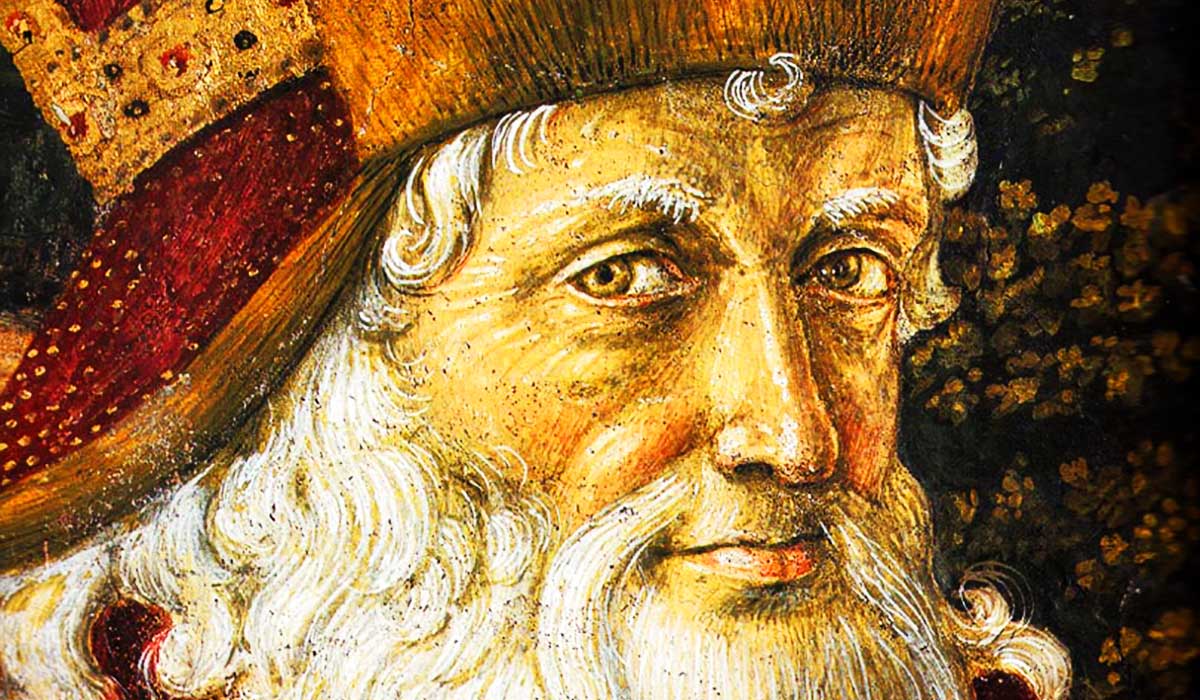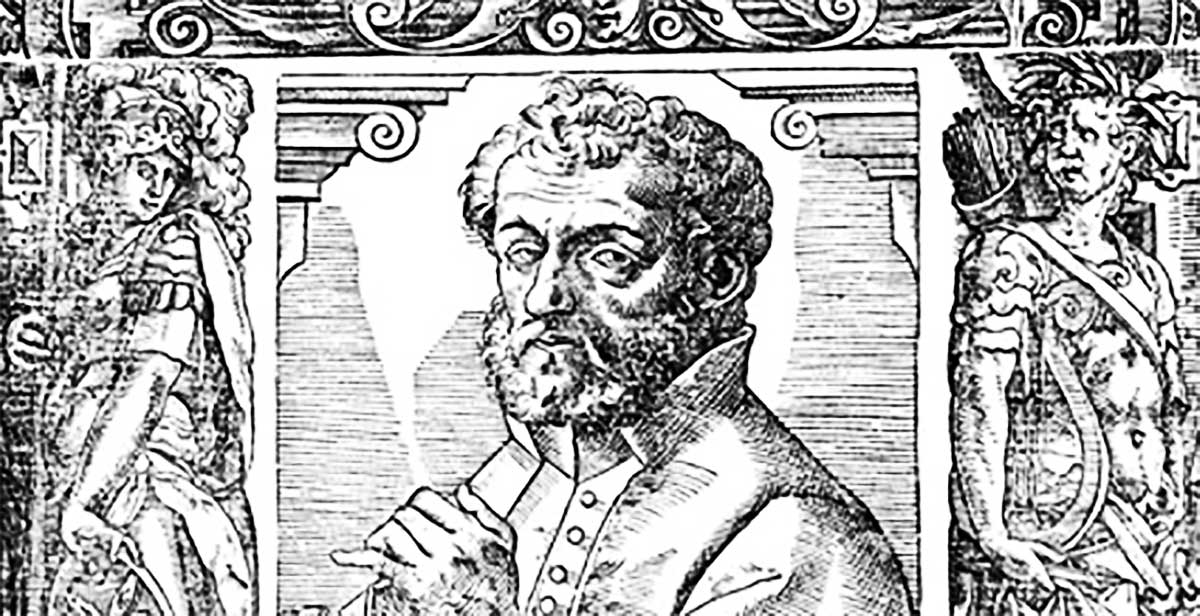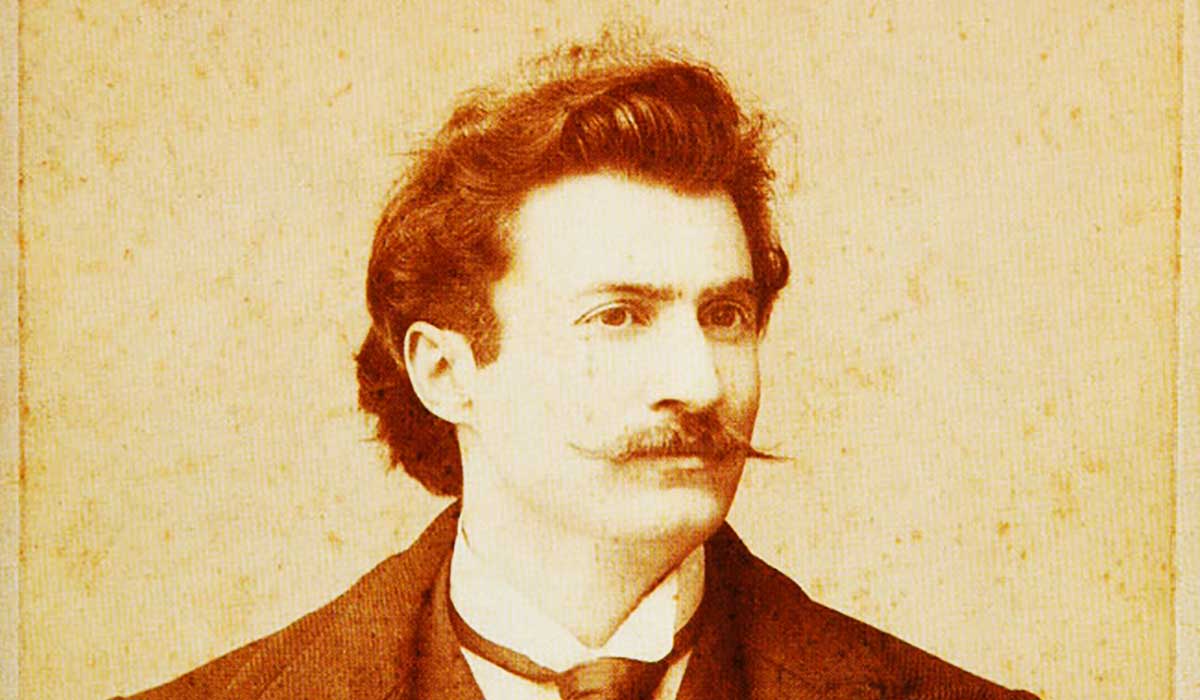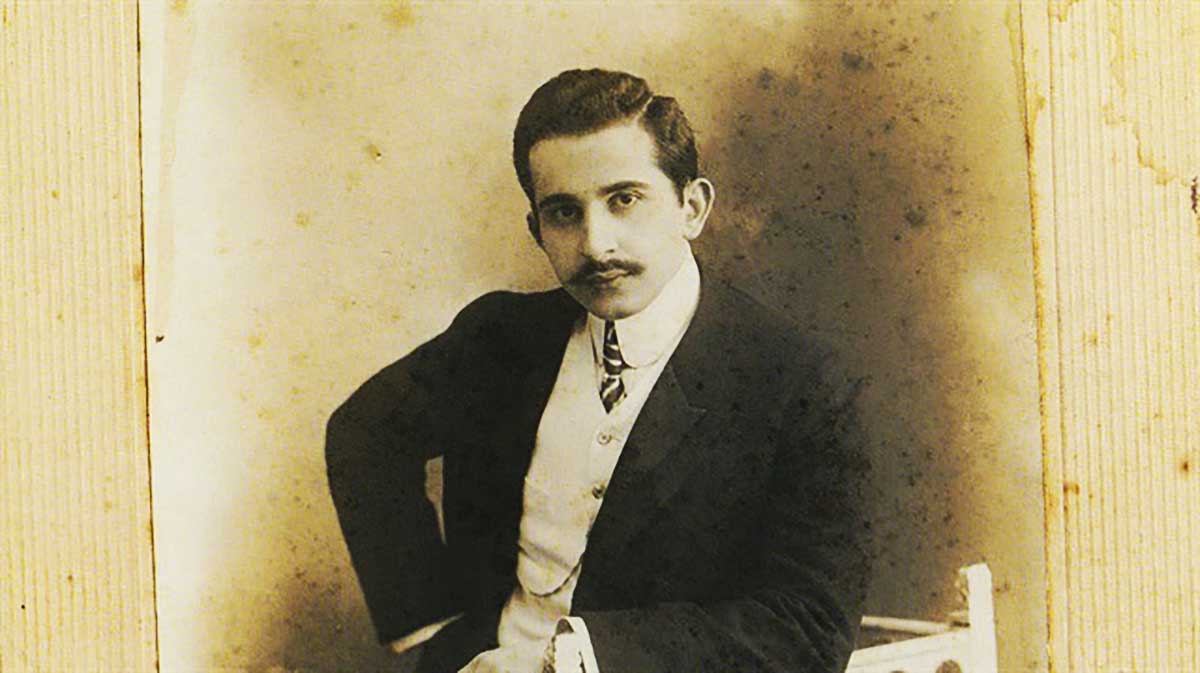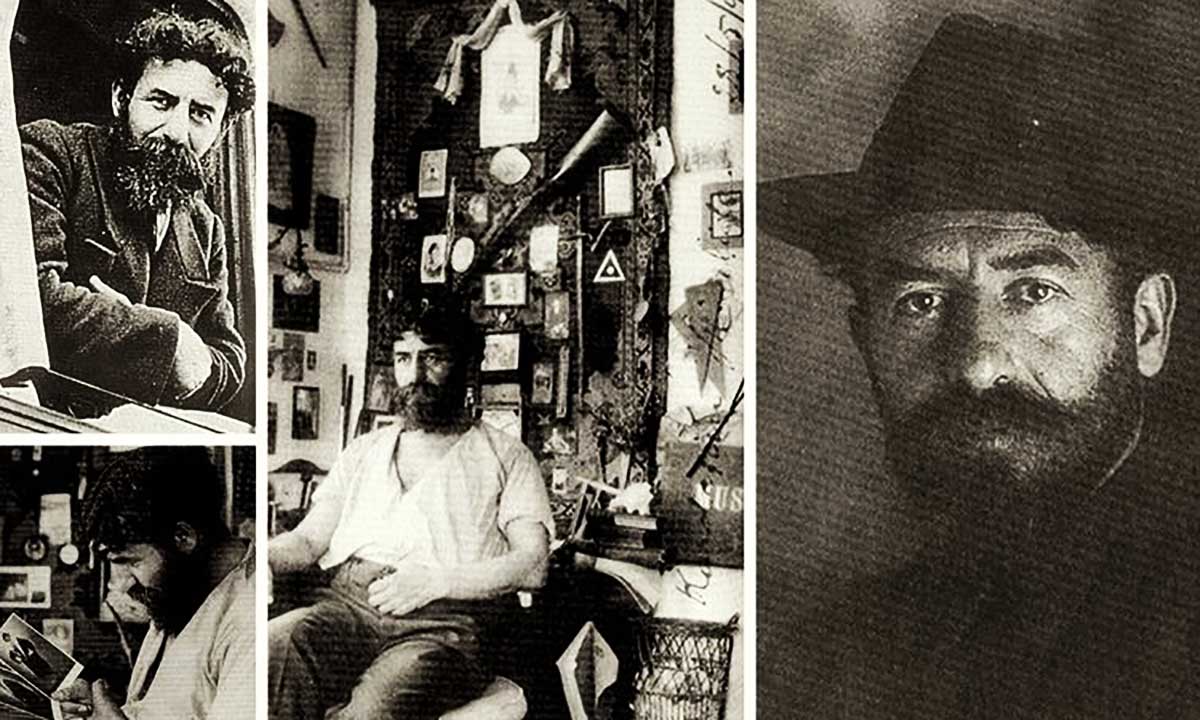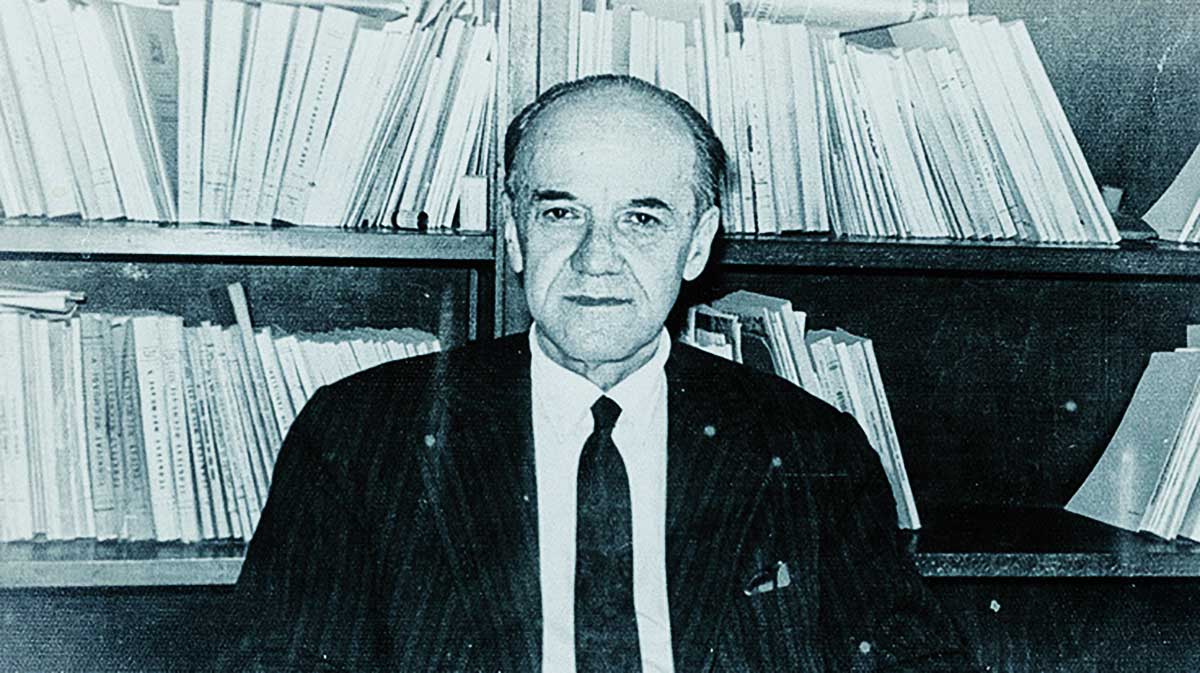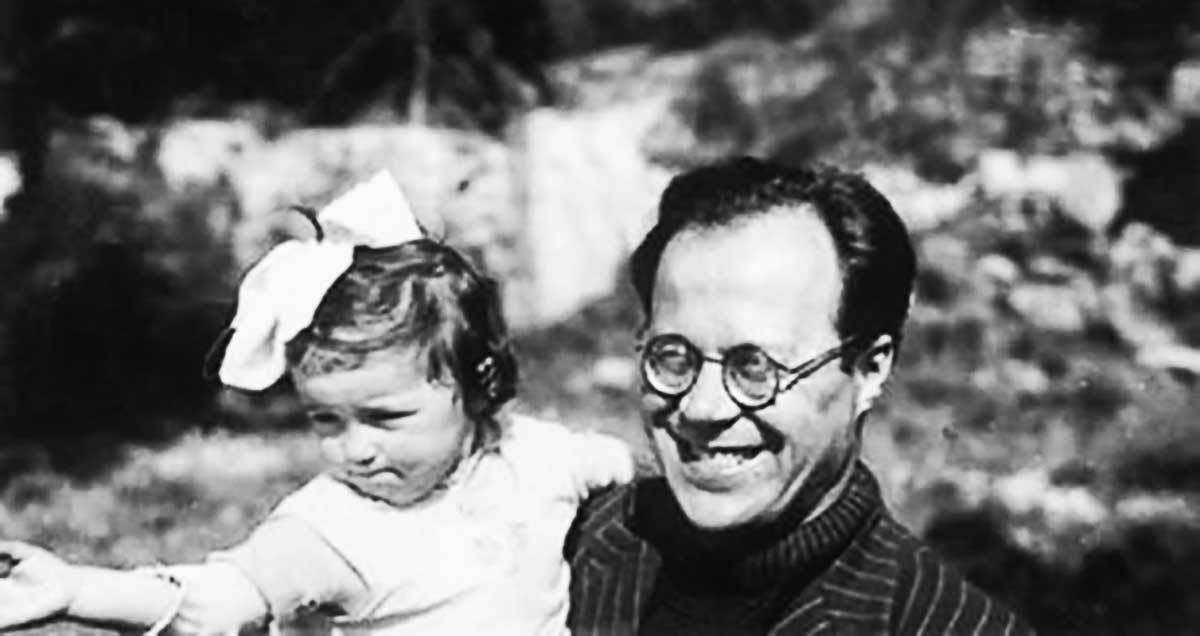Although the most famous philosophers of the world are of Western origin, the contributions of thinkers from the Middle East, China and other cultural spaces to the domain of philosophy should not be neglected. In some significant aspects, the quality of their works is undoubtedly superior to the so-called Anglo-Saxon and overall Eurocentric traditions. Having different tools of analysis, interpretation and representation, the reasoners from Istanbul brought rich theoretical and practical improvements to global philosophy.
As a consequence of the pronounced religious influence reflected in different branches of science and philosophy, a more articulate theological terminology can be observed in their major publications. But this fact does not reduce the authenticity of the topics debated in the philosophical context of the Middle East as many European scholars and cultural critics may believe. Our list is conjured according to the criterion of the major historical epochs of the most ten influential thinkers from Istanbul.
BYZANTINE PERIOD
Michael Psellos (1017/1018 – 1078/1096): Cronographia, Historia Syntomos, Epitaphioi, De Omnifaria Doctrina and De Operatione Daemonum
Michael Psellos was a Byzantine Greek monk, writer, philosopher, politician and historian. The main source of information about Psellos’ life comes from his own works which contain extensive autobiographical passages. Michael Psellos was born in Constantinople. His family hailed from Nicomedia and according to his own testimony, counted members of the consular and patrician elite were among its ancestors. Michael Psellos was educated in Constantinople.
Psellos’ best known and most accessible work is the Chronographia. It is a history of the Byzantine emperors during the century leading up to Psellos’ own time. Psellos was universally educated and had a reputation for being one of the most learned men of his time. He prided himself in having single-handedly reintroduced to Byzantine scholarship a serious study of ancient philosophy, especially of Plato. His predilection for Plato and other pagan (often Neoplatonic) philosophers led to doubts about the orthodox of his faith among some of his contemporaries. At one point, he was forced to make a public profession of faith in his defence. He is believed to have died in 1078 although it has also been maintained that he lived until 1096.
Theodore Metochites (1270 – 1332): Logoi, Poems, Commentaries, Stoicheiosis Astronomike and Semeioseis Gnomikai
He was a Byzantine statesman, author, gentleman philosopher, and patron of the arts. He held the position of personal adviser (mesazōn) to emperor Andronikos II Palaiologos from c. 1305 to 1328. Metochites was born in Constantinople as the son of the archdeacon George Metochites, a fervent supporter of the union of the Orthodox and Catholic Churches. He devoted himself to studies of both secular and religious authors. Metochites’ fortune was however linked to his emperor’s and after a few years of intermittent civil war, Andronicus II was overthrown in 1328 by his grandson Andronicus III Palaeologus. Metochites went down with him thus being deprived of his possessions and forced into exile in Didymoteichon. In 1330, he was accepted to return to Constantinople. He withdrew to Chora where he died on 13 March 1332, having adopted the monastic name of Theoleptos.
Georgius Gemistus (1355 – 1452/1454): Reform of the Pelopnnese, De Differentiis and Nómoi
Later on known as Plethon, Georgius Gemistus was a Greek scholar of Neoplatonic philosophy. He was one of the chief pioneers of the revival of Greek learning in Western Europe. In the dying years of the Byzantine Empire, he advocated for a return to the Olympian gods of the ancient world. He re-introduced Plato’s thoughts to Western Europe during the 1438–1439 Council of Florence. This turned out to be a failed attempt to reconcile the East-West schism. Here, Pletho met and influenced Cosimo de’ Medici to found a new Platonic Academy, which under Marsilio Ficino would proceed to translate into Latin all of Plato’s works such as; the Enneads of Plotinus and various other Neo-Platonist works.
According to J. Monfasani, Pletho is said to have died in Mistra either in 1452 or in 1454. The argument between the two dates being significant is whether or not Pletho still lived to know of the Fall of Constantinople in 1453. During 1466, some of his Italian disciples headed by Sigismondo Pandolfo Malatesta stole his remains from Mistra and interred them in the Tempio Malatestiano in Rimini “so that the great Teacher may be among free men”.
George Amiroutzes (1400 – 1470): Dialogus de fide and A letter on the Council at Florence.
Known also as ”the Philosopher”, George Amiroutzes was a Pontic Greece Renaissance philosopher, scholar and civil servant. He was praised and respected for his outstanding knowledge not only in theology and philosophy, but also of natural sciences, medicine, rhetoric and poetry. He is considered as a controversial figure of the late Byzantine era due to his role in the fall of Trebizond as well as being a servant for Mehmed II.
He was denounced by his fellow Greeks as an opportunist, traitor and renegade for his familiarity with Sultan Mehmed the Conqueror. He was a nephew to the Grand Vizier Mahmud Pasha of the Ottoman Empire. While serving as protovestiarios (a high Byzantine court position), Amiroutzes helped speed the fall of the Empire of Trebizond by persuading Emperor David to surrender to the Ottomans to prevent bloodshed to its inhabitants. George Amiroutzes himself was very popular with the Ottoman court and one of the advisers of Mehmed the Conqueror on Christianity and Greco-Roman philosophy.
After Athens fell to the Ottoman forces, Amiroutzes fell in love with one of the prisoners from the conquest, the widow of the last Duke of Athens. He desired to marry her despite the fact that his own wife and children were still alive. When the patriarch Joasaph Kokkas refused to consent to this marriage, Amiroutzes with the assistance of his cousin Mahmud Pasha dethroned the patriarch and compelled him to shave his beard as punishment. Amiroutzes also punished the high ecclesiastical official whom he unsuccessfully tried to bribe to assist him convince the patriarch by having the man’s nose slit. Amiroutzes died with a dice-box in his hand while playing dice.
OTTOMAN EMPIRE ERA
Rıza Tevfik Bölükbaşı (1869 – 1949)
He was a Turkish philosopher, poet, politician and community leader (for some members among the Bektashi community) between the late 19th century and early 20th century. He is is most remembered in Turkey for being one of the four Ottoman signatories of the disastrous Treaty of Sèvres. Owing to this, he was included among the 150 personae non gratae of Turkey in 1923, spending 20 years in exile until he was granted amnesty in 1943.
Rıza was placed in a Jewish school by his father who was a prefect. He studied Spanish and French at an early age. He was remarked as a restless personality during his student years. Rıza Tevfik lived in the United States, Cyprus, Hejaz and Jordan where he was made the director of the National Museum and Library in 1925. In the following 20 years, he lived in Lebanon until his return to Turkey in 1943 after being granted amnesty. He adopted the last name Bölükbaşı after the 1934 Surname Law. In the meantime, he had had his collection of poetry published in Nicosia and resumed work as a university professor in Istanbul until his death on December 31, 1949.
Prince Sabahaddin (1879 – 1948): The Witness
Prince Sabahaddin de Neuchâtel was an Ottoman thinker and sociologist. He was considered a threat to the ruling House of Osman (the Ottoman Dynasty) to which he was a member. Owing to his political activities and push for a democracy in the empire during the late 19th Century and early 20th Century, he was exiled. Despite being a part of the Ottoman dynasty himself through his mother, Prince Sabahaddin was known as a Young Turk thus opposed to the absolute rule of the dynasty. As a follower of Émile Durkheim, Prince Sabahaddin is considered to be one of the founders of sociology in Turkey. He established the Private Enterprise and Decentralisation Association (Turkish: Teşebbüs-i Şahsi ve Adem-i Merkeziyet Cemiyeti) in 1902.
During the first phase of his career in political opposition (1900–1908), he sought unity between Christians and Muslims as well as meeting with leaders from the respective groups. He received support in the cause of the Young Turks. His Liberal Party standing in opposition to the Committee of Union and Progress (CUP) was banned twice in 1909 and 1913 leading him to flee again. During the First World War, he was exiled in Western Switzerland since he was the head of opposition. In 1919, Sabahaddin returned to Istanbul in the hope of realising his political vision but was ultimately banned in 1924 by the victorious Turkish National Movement under Mustafa Kemal (later Atatürk). His project of a democratic Turkey contained means of decentralisation and private initiative as well as elements of the social theories of Frederic Le Play and Edmond Demolins.
In his autobiography The Witness (1962), John G. Bennett notes in the later years of Prince Sabahaddin, he reportedly became an alcoholic later on dying of poverty due to frustrations, disappointments and exile. His body was kept in a metal coffin for four years in Switzerland following his death in 1948. Prince Sabahaddin’s remains were transferred to Istanbul and buried in the mausoleum of his father in 1952.
Celal Yalınız (1886 – 1962)
Celal Yalınız was an underrated Turkish philosopher of the fifties. He did not leave any written work behind but many anecdotes from his legendary life include several famous sayings, such as:
- Just like no milkman is milk, no Turkish (Türkçü, Turkish nationalist) is Turk.
- If you want to serve this country, no one should know about it. Otherwise they would stop you.
- Wisdom among the people is like the pearl in the oyster. It is rare.
REPUBLICAN EPOCH
Hilmi Ziya Ülken (1901 – 1974): The Anthology of the Turkish Philosophy, Problems of Sociology and History of Contemporary Thought in Turkey
Hilmi Ziya Ülken was a Turkish intellectual who had a great influence on the formation of a philosophical and sociological tradition in Turkey. He had interests in many fields of science, geography, history, methodology and arts. Through his work, he significantly contributed to the intellectual history of Turkey in the republican times. Ülken died in Istanbul on June 5, 1974.
Cemil Meriç (1916 – 1987): Indian Literature, Saint Simon, first sociologist, first socialist and The Story of a Disaster
Cemil Meriç was a professor of history and literature who had made research in many areas of social sciences including sociology and philosophy. He is considered to be one of the most respected thinkers of modern times Turkey. After losing his eyesight, he had the most productive years of his life by continuing to write articles by dictate. From 1963, he gave classes at the Department of Sociology and Cultural History of the Faculty of Arts until his retirement.
CONTEMPORARY TIMES
Seyla Benhabib (b. 1950): Politics in Dark Times: Encounters with Hannah Arendt, The Claims of Culture, Democracy and Difference and Critique, Norm and Utopia. A Study of the Foundations of Critical Theory
Seyla Benhabib is a Turkish-American philosopher. She is a Eugene Mayer Professor of Political Science and Philosophy at Yale University, director of the program in Ethics, Politics and Economics and also a well-known contemporary philosopher. She is the author of several books, most notably about the philosophers Hannah Arendt and Jürgen Habermas. Benhabib is famous for combining critical theory with feminist theory.
Born in Istanbul, Benhabib was educated at English language schools in the city. Benhabib taught in the departments of philosophy at Boston University, SUNY Stony Brook, the New School for Social Research, and the Department of Government at Harvard University prior to arriving at Yale. In 2012, she was awarded the Dr. Leopold-Lucas Prize by the Eberhard Karls University of Tübingen in recognition of her outstanding achievement in the field of theology, intellectual history, historical research, philosophy and her commitment to international understanding and tolerance. She also received an Honorary Doctorate of Humane Letters from Georgetown University in May 2014.
Benhabib is a liberal democratic thinker who does not believe in the purity of cultures, she thinks of them as formed through dialogues with other cultures. According to Benhabib, human cultures are the constant change of imaginary boundaries. They influence each other and sometimes radicalize or conform as a reaction on other cultures. Benhabib argues that in democratic theory, it is assumed that every single person should be able to determine their own life. Benhabib prefers a world with porous borders. She argues that political boundaries define some as members but lock others out. She states that “I think it is possible to have an empire without borders; I don’t think it is possible to have a democracy without borders.”
As can be observed from the above list, these ten philosophers of Istanbul are representative of the entire Turkish intelligentsia having an uncontested originality especially the modern and contemporary ones. They were and still are influential in their fields of study, unceasingly coming with innovative ideas and intellectual trends in the academic arena. But the most relevant observation that can be made is that they reached the European and American philosophical standards and even surpassed them despite being perceived as ”outsiders”.

